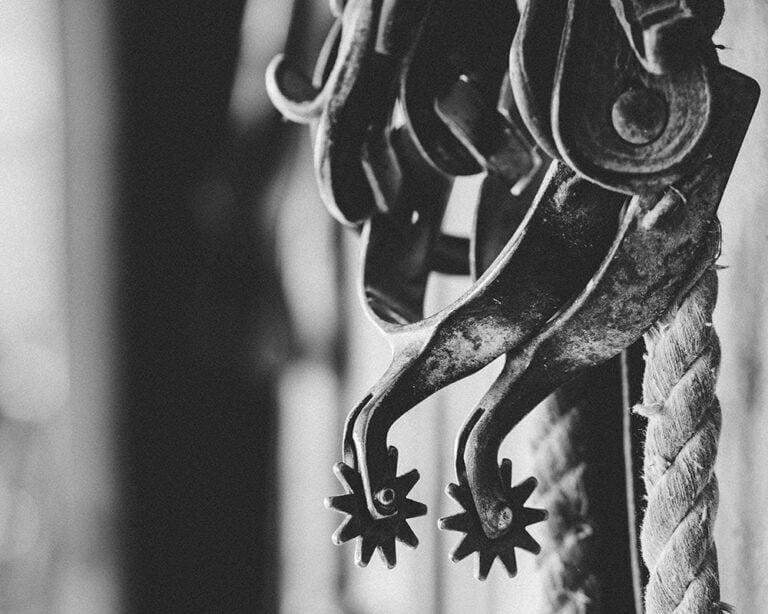quand on parle du loup, on voit sa queue
The French saying “quand on parle du loup, on voit sa queue” literally means “when one speak of the wolf, one sees his tail.” What does this mean? It means that often when you talk about someone, they will suddenly and unexpectedly appear.
A variation of this saying appeared in the 16th century. It referred to the “horns” of the wolf rather than its tail. Of course a wolf doesn’t have horns. But the idea of the word “horns” was a reference to the supposedly demonic nature of the wolf.
In that era, whoever caught sight of a wolf first was supposed to have been deprived of their voice. So anyone with a hoarse voice was imagined to have seen a wolf.
The English equivalent of this idiom is “speak of the devil.” A longer version is “speak of the devil and he’s sure to appear.” So there is a connection between the wolf being demonic in the 16th century French variant and the Devil himself in the English version.






